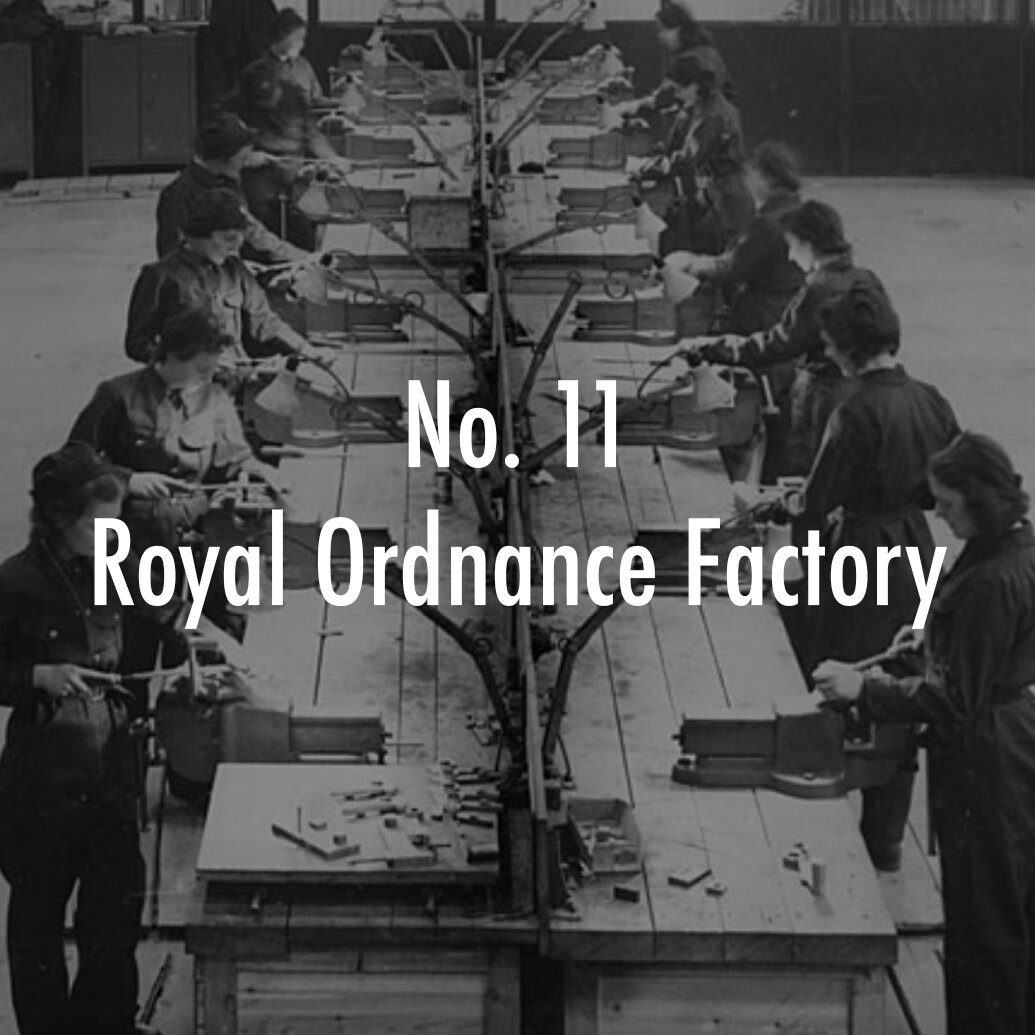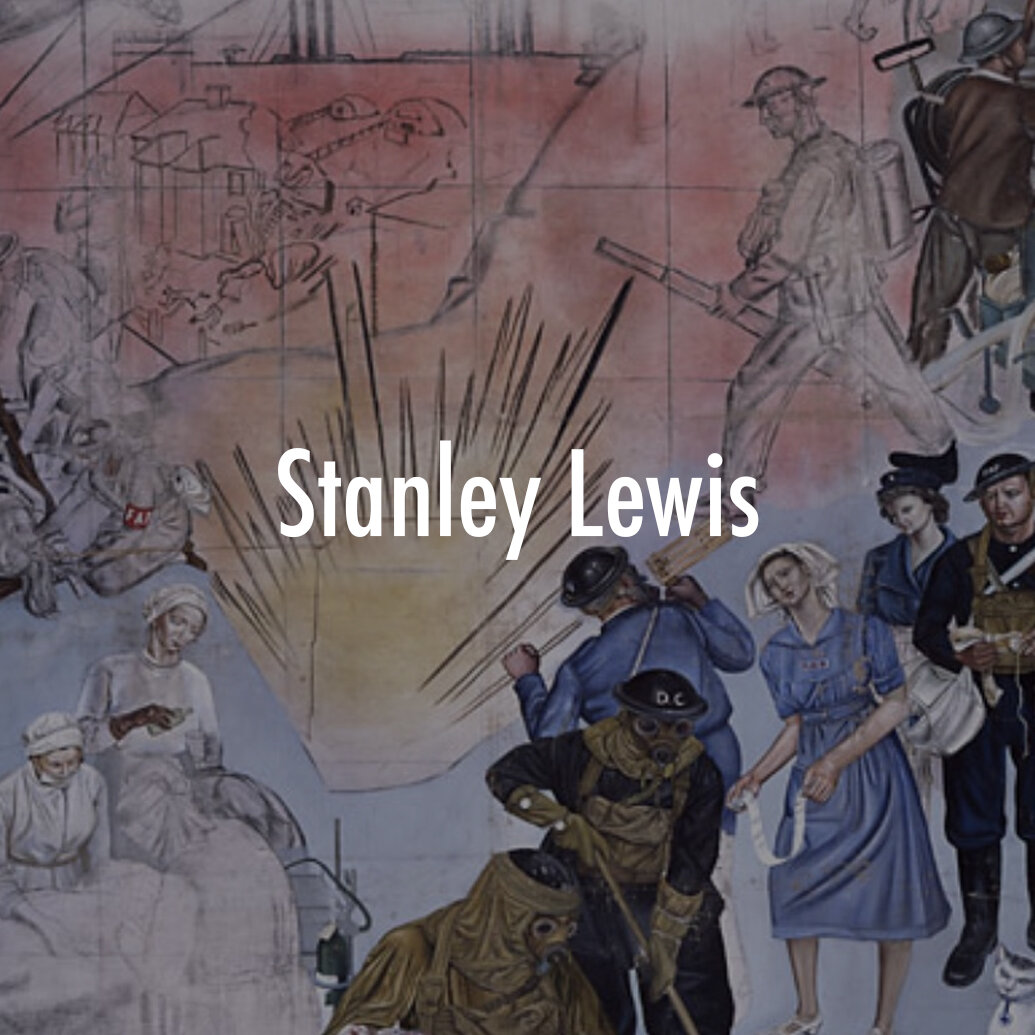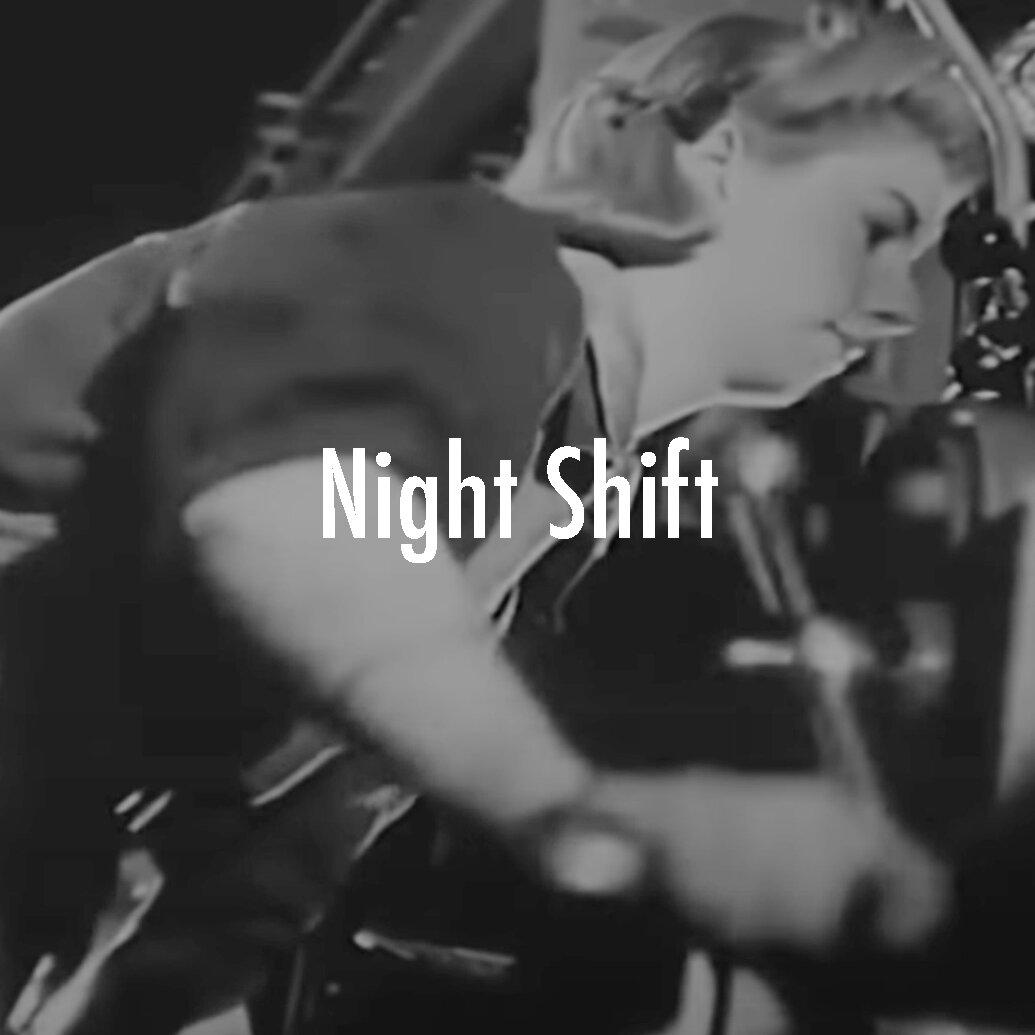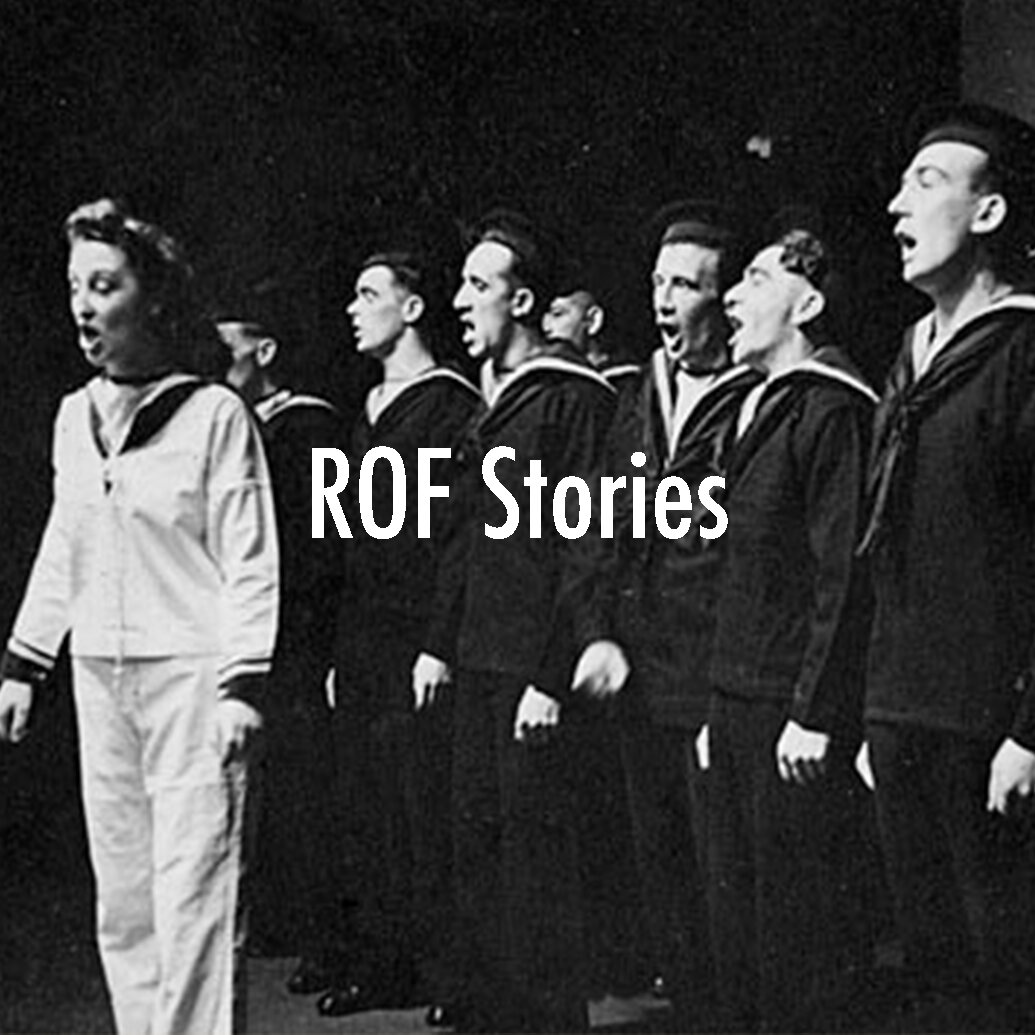No. 11 ROF: Work & Play
At ROF Newport, two weeks of day shifts (7.00 a.m. to 5.00 p.m.) were followed by two weeks of night shifts (9.00 p.m. to 7.00 a.m.) with an hour's meal break.
Number of hours per shift varied depending on urgency of demand. Working double shifts was quite common. Work was hard but commitment to the war effort was unstinting. Women earned £1 18s, while their male counterparts earned £3 0s 6d per week. Trained and highly skilled women munitions workers could earn between £5 and £6 per week. ROF Newport was a model of efficiency and productivity of which Superintendent Galbraith was justifiably proud.
ROF, Women workers fitting barrel openings in breech rings, 1941-42
Norman Longmate’s How we lived then: a history of every day life during the Second World War provides a glimpse into the everyday routines of factory workers at ROF No. 11.
“Even though service life was often unpleasant, there were usually some cushy periods, but it was never cushy on the factory floor.
The girls were up before 6.00 a.m. to leave home at 6.30, had a longwalk to catch the special factory bus at 7.10 a.m. and after working an eleven-hour day, were lucky to catch the 7.30 p.m. bus back from the town, arriving home with time only for a quick meal, wash and change before going out dancing or to the pictures.
ROF No. 11 Canteen, 1942
A first class modern stage has been provided with all lighting equipment. They have a drama club and teams for football, cricket, hockey and tennis with a football ground at the Factory where both men and women play. Sports are held in the Factory grounds.
ROF No. 11 production of All at Sea, 1943
The factory canteen was provided with vegetables grown in the facility grounds by Factory Nurseryman Walter Jones. The regular food supply was supplemented by pork and bacon from pigs, fed from refuse from the canteen, as well as a number of hens and ducks kept for getting fresh eggs.
ROF, Walter’s ducks and geese, 1941-42
The Factory has two bands for concerts and dances; a choir and a concert are put on each week by their own people. They also have weekly ENSA [Entertainment National Service Association] concerts and weekly cinematographs.
The standard of the band and singing was very high. No doubt the comedians were also, but the continuous laughter made it impossible for me to hear a word they said.
ROF No. 11 band, 1941
There is a Lady Welfare Supervisor [Mrs Florence Vanstone] who looks after the girls' wants. There is a First Aid Post and Surgery with four nurses, and a doctor who visits the Factory every morning. The services of an optician, dentist, chiropodist and masseur are available on the premises, as are those of a hairdresser.
ROF No. 11 sports day, 1941
The radio programme Music While You Work became a feature of life in the Ordnance Factory with speakers placed at intervals around the workshops."
Tea break, 1941





